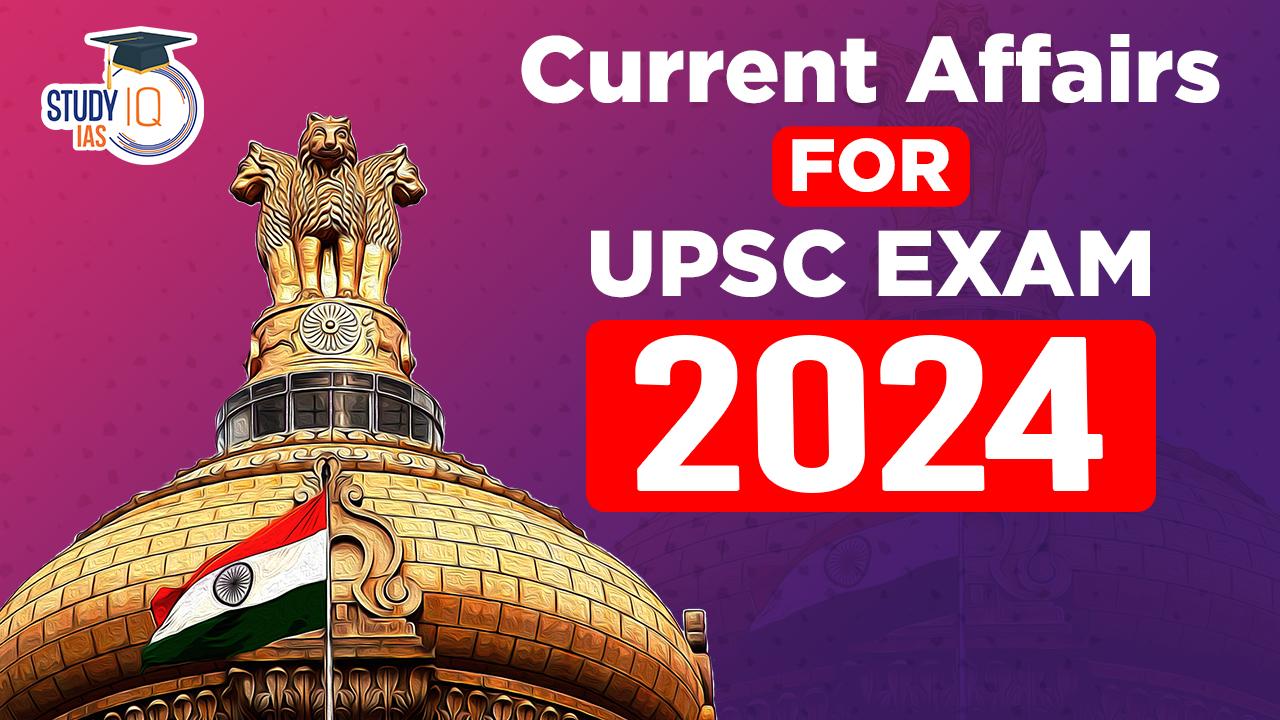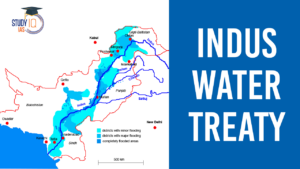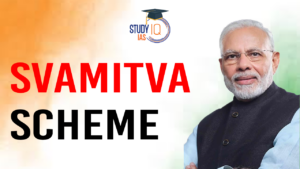Table of Contents
Bar Council of India
Context: The Supreme Court has taken suo motu cognisance to reform advocates’ bodies and has sought suggestions for improving Bar associations and Bar Councils across the country.
About Bar Council of India (BCI)
- It is a statutory body established under the Advocates Act 1961 to regulate and represent the Indian bar.
- Functions:
- It performs the regulatory function by prescribing standards of professional conduct and etiquette and by exercising disciplinary jurisdiction over the bar.
- It also sets standards for legal education and grants recognition to Universities whose degrees in law will serve as qualification for enrolment as an advocate.
- It conducts the All India Bar Examination (AIBE) to grant a ‘Certificate of Practice’ to advocates practising law in India.
- In March 2023 BCI notified Rules for Registration and Regulation of Foreign Lawyers and Foreign Law Firms in India, allowing foreign lawyers and law firms to practice in India.
- However, The foreign lawyers or foreign Law Firms are not permitted to appear before any courts, tribunals or other statutory or regulatory authorities.
| Who is an Advocate on Record (AOR)? |
|
| UPSC PYQ |
Q. With reference to India, consider the following statements: (2022)
Which of the statements given above is/are correct? (a) 1 only (b) 2 only (c) Both 1 and 2 (d) Neither 1 nor 2 Answer: B |
Predatory Pricing
Context: Union Commerce and Industry Minister has raised questions about the business and pricing strategies of major e-commerce players like Amazon in India
About Predatory Pricing
- It is a business strategy where a company lowers its prices to drive out competitors and establish a strong market position.
- The goal is to eventually raise prices once the competition is weakened or removed.
- Predatory pricing is often used by large, established companies that can absorb short-term losses.
- It is a form of anti-competitive behaviour and is illegal because it can create a monopoly and eliminate choice.
- Predatory pricing is illegal in India Under Section 4, the Competition Act, 2002.

| Competitive Pricing |
|
International Criminal Court
Context: The Ukrainian Parliament has ratified the Rome Statute allowing the country to join the International Criminal Court (ICC).
About International Criminal Court (ICC)
- ICC is a permanent judicial institution established under the Rome Statute in 1998.
- It is headquartered in Hague, Netherlands
- It’s mandate is to investigate, prosecute, and adjudicate individuals accused of committing genocide, war crimes, crimes against humanity, and the crime of aggression.
- Members: 123 member nations that are parties to the Rome Statute and acknowledge its jurisdiction.
- Important non-member countries: US, China, Russia, and India.
- Composition:
- Judges: The Court has eighteen judges, each from a different member country, elected to nonrenewable nine-year terms
- Unlike the International Court of Justice (ICJ) it is not an Organ of the United Nations.
Orangutans
Context: The Malaysian Government has tweaked its proposal of sending Orangutans to palm oil purchasing countries after facing widespread criticism from wildlife conservationists.
About Orangutans
- Orangutans are highly intelligent and share 96.4% of their genes with humans.
- Orangutans are widely recognised for their distinctive red fur, and are considered to be the largest tree-dwelling mammals.
- They are primarily arboreal, spending over 90% of their waking hours in trees.
- Orangutans are mainly frugivorous, they primarily eat fruits, and consume leaves, bark, insects, and occasionally small animals.
- There are three species of orangutans: Bornean, Sumatran, and Tapanuli.
- Distribution: Orangutans primarily inhabit the tropical rainforests of Southeast Asia, specifically on the islands of Borneo and Sumatra.
- Lifespan: Orangutans can live up to 50 years in the wild.
- IUCN Status: All three species of orangutans are listed as ‘Critically Endangered’

| Do You Know? |
|
Is Governor Bound By the Advice of Council of Ministers?
Context: Karnataka Governor Tawar Chand Gehlot sanctioned an investigation into the Chief Minister of Karnataka involvement, following petitions by some anti-corruption activists.
More in News
- Karnataka’s Council of Ministers passed a resolution advising the Governor to withdraw the show-cause notice issued to CM.
- Despite this, the Governor sanctioned proceedings against the CM, raising questions about whether he was bound by the Council’s advice.
Article 163 of Indian Constitution
- The article stipulates that there will be a Council of Ministers, led by the Chief Minister, to help and advise the Governor in carrying out his duties, except where the Constitution requires the Governor to act at his discretion.
Judicial Precedent
- Madhya Pradesh Special Police Establishment v. State of Madhya Pradesh (2004): The Governor granted sanction to investigate two ministers despite the Council of Ministers’ rejection.
- The Supreme Court ruled that the Governor’s decision was valid because it was based on a detailed inquiry by the Lokayukta, which found sufficient grounds for investigation.


 UDAN Scheme, Objectives, Funding and Ach...
UDAN Scheme, Objectives, Funding and Ach...
 Indus Water Treaty 1960 Suspended by Ind...
Indus Water Treaty 1960 Suspended by Ind...
 5 Years of SVAMITVA Scheme and Its Benef...
5 Years of SVAMITVA Scheme and Its Benef...





















